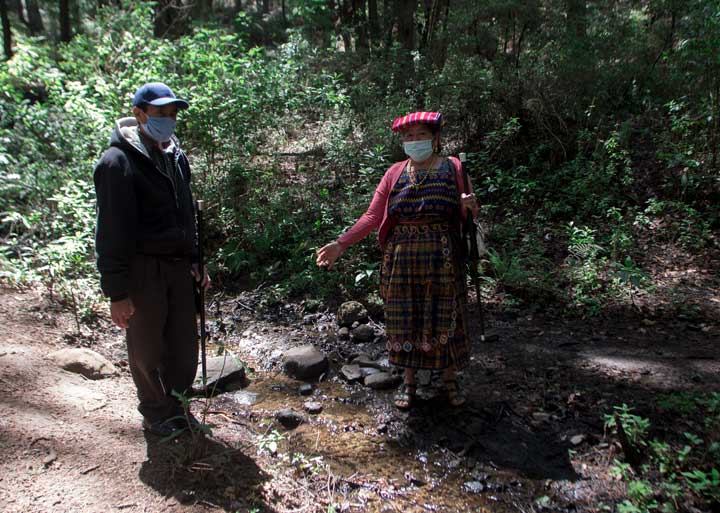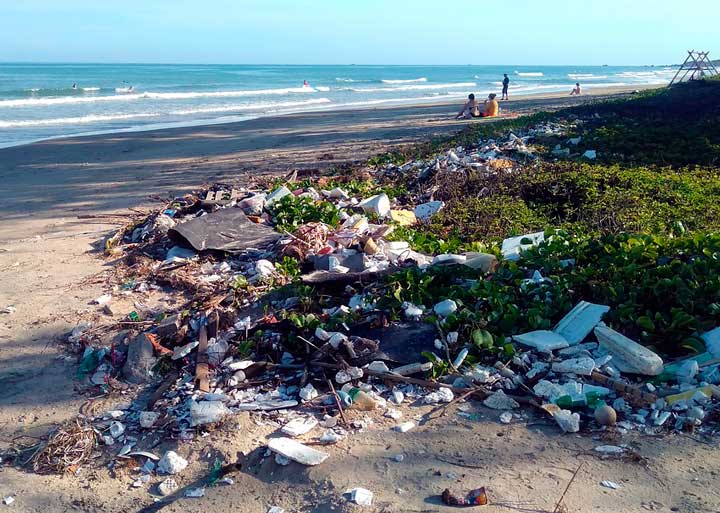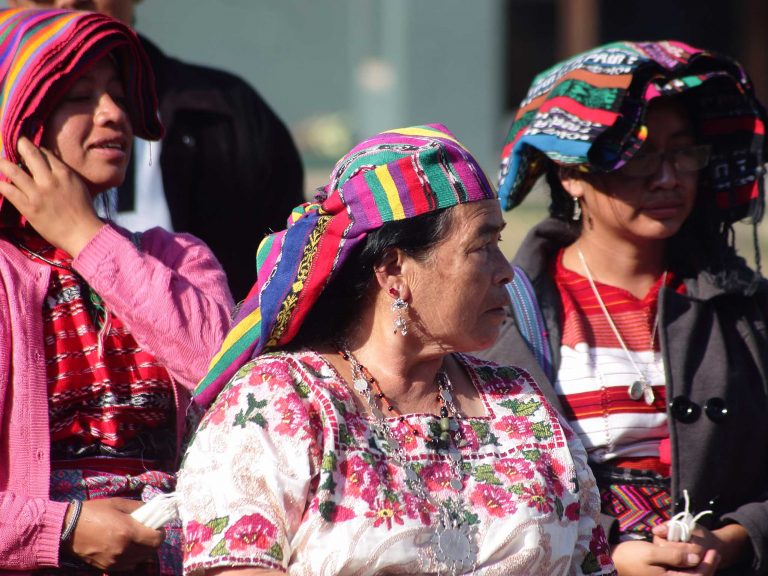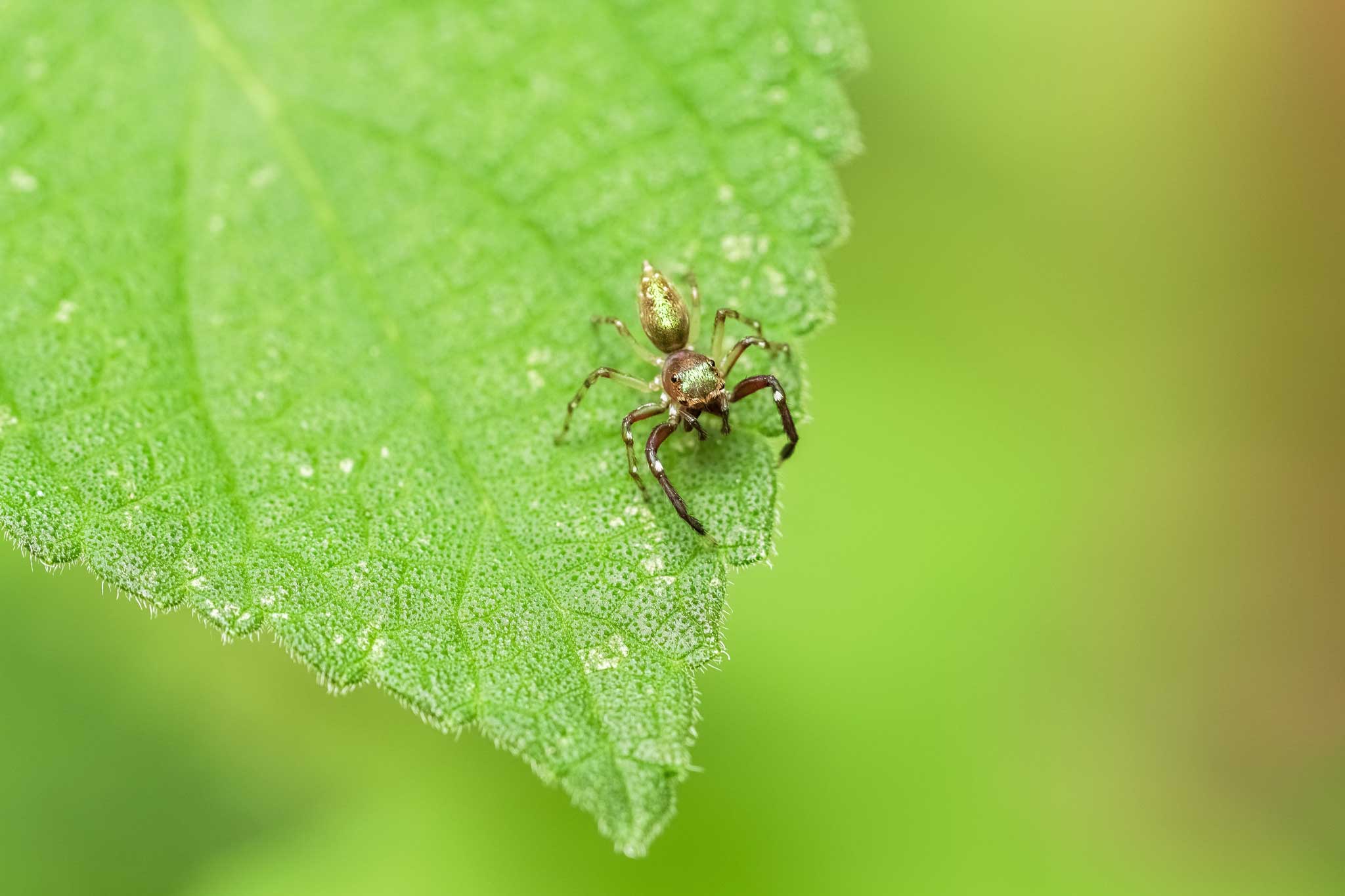A clean environment is a universal human right
The recognition of this fundamental right by the highest human rights body is the result of decades of arduous struggle by environmentalists, activists, indigenous peoples, scientists and many other actors of civil society. The Council also appoints a special rapporteur for climate change.
The UN Human Rights Council declared on Friday that a clean, healthy and sustainable environment is a human right and called on all states to work together, in conjunction with other actors, to implement it.
The resolution that established this guarantee was approved with 43 votes in support and four abstentions: Russia, China, India and Japan. Costa Rica, Maldives, Morocco, Slovenia and Switzerland sponsored the text.
The Council also established, in a separate resolution, a new rapporteurship specifically dedicated to the impact of climate change on human rights.
The UN General Assembly will soon discuss the issue to consider whether to adopt a similar resolution.

Indigenous peoples take care of the environment, according to the UN. Photo: Jorge Rodríguez/Viatori
Historic decision
Following the adoption of the documents, the United Nations High Commissioner for Human Rights urged States to take bold measures to give real and rapid effect to the right to a healthy environment.
Michelle Bachelet called for the resolution “to serve as a springboard to promote transformative economic, social and environmental policies that protect people and nature.”
Bachelet, who had requested this recognition for a long time, was pleased by the Council’s “historic” decision and affirmed that the right to a clean environment “has to do with the protection of people and the planet: the air we breathe. , the water we drink, the food we eat ”.
Environmental degradation
“It is also about protecting natural systems, which are basic preconditions for the life and livelihood of all people, wherever they live,” he argued, highlighting that the declaration of this right clearly recognizes environmental degradation and climate change as interconnected human rights crises.
Likewise, he continued, the text highlights that the segments of the population in the most vulnerable situation are affected more acutely.

Pollution, in all its forms, is contributing to the deterioration of the quality of the planet’s ecosystems. Photo: Pixabay
Years of tireless work
The High Commissioner considered that the decision of the Human Rights Council pays tribute to decades of arduous efforts by civil society organizations and indigenous peoples, as well as national human rights institutions, companies, environmentalists, activists and all the people who have advocated for the full international recognition of this right.
For defenders of environmental rights, Bachelet called on States to protect and empower them, recalling that last year an unprecedented number of them were attacked or killed.
Environmental justice
The executive director of the UN Environment Program (UNEP), for her part, asserted that the adoption of the resolution is “a decisive milestone for environmental justice.”
“This right has its roots in the 1972 Stockholm Declaration. Five decades later, it is very encouraging to see it being formally recognized globally through a UN Human Rights Council resolution,” Inger Andersen added.

Indigenous women are becoming nature’s last defense against world capitalism. Photo: Jorge Rodríguez/Viatori
They cannot take nature away
He added that the decision sends a message to the one billion children who are at extremely high risk of being impacted by climate change. “A healthy environment is your right. No one can take away their nature, clean air and water, or a stable climate, “she said.
Andersen referred to the resolution as a definitive step towards transforming the planet into a safe and just home for all.
The official added her voice to Bachelet’s to emphasize “the rights to life, liberty and security of human rights defenders who work on environmental issues.”
“Physical attacks, detentions, arrests, legal actions and smear campaigns are the daily lives of these groups of citizens, indigenous peoples and others. In 2020 alone, more than 200 environmental defenders were killed, ”Andersen denounced.\
Note originally posted by UNews
